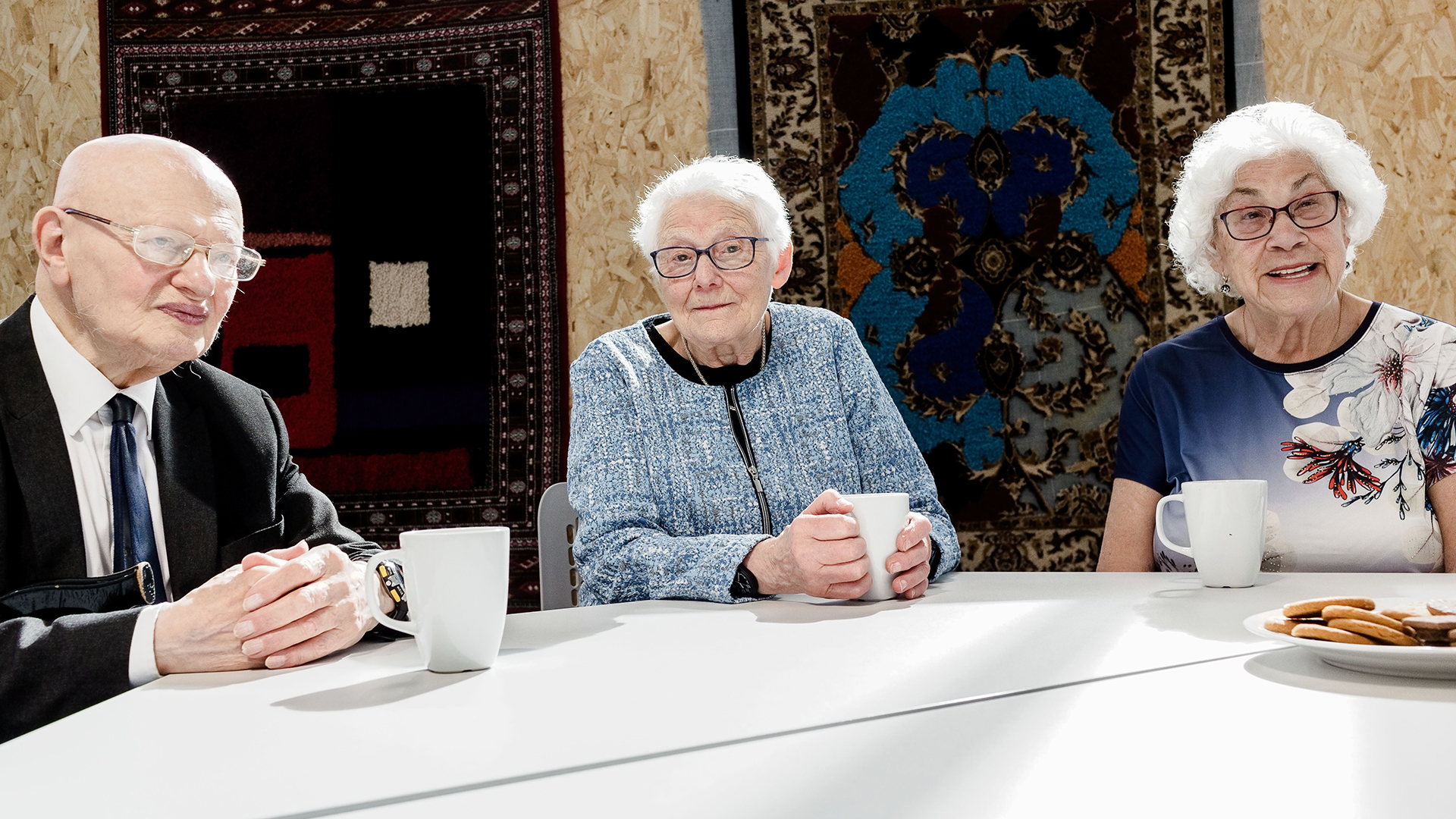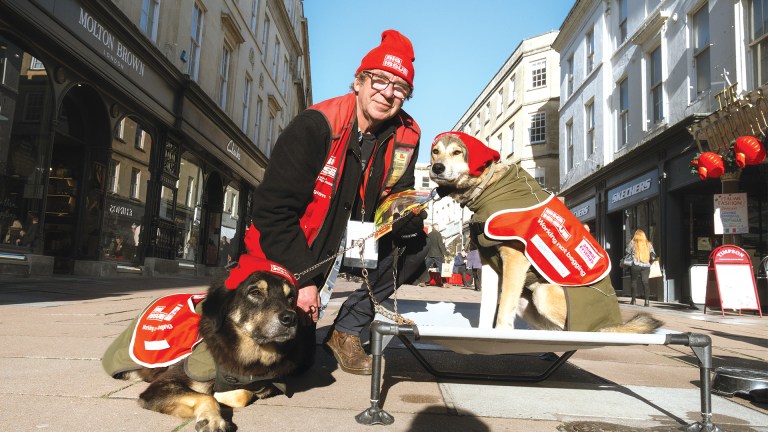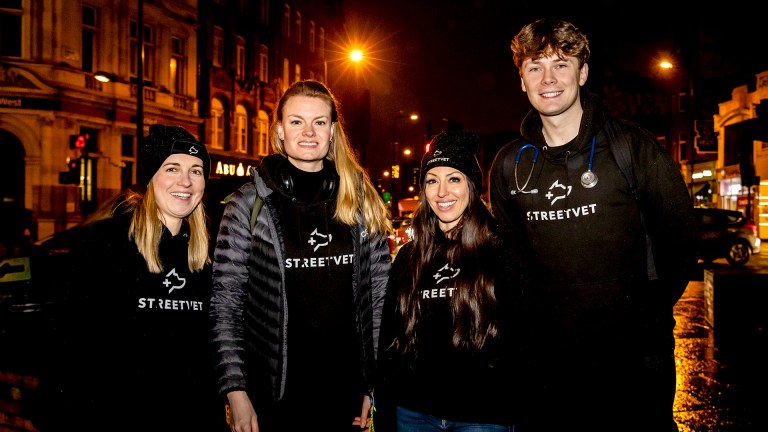Holocaust Memorial Day falls on 27 January – the anniversary of the liberation of death camp Auschwitz-Birkenau. But Holocaust Centre North, located at the University of Huddersfield, is dedicated to raising awareness of the Holocaust and its aftermath year-round.
Holocaust Centre North tells a global history through local stories. At the heart of the centre is an exhibition of items drawn from their extensive archive. These belong to 16 survivors who found refuge from the Nazi regime in the north of England, and trace the history of the genocide, from Europe’s political climate in the wake of the First World War through to the liberation of death camps.
But Holocaust Centre North also offers Holocaust memorialisation with a difference. The centre grew out of Leeds’ Holocaust Survivors’ Friendship Association in 1995. The association fostered mutual support to survivors living in the region, but it also looked forwards and outwards at contemporary genocides in Bosnia and Rwanda.
The centre now offers numerous learning programmes for primary and secondary school students, as well as adults, on both Holocaust history and current resonances. These include classes on recognising propaganda and how to support refugees.
“Everything we teach has a contemporary relevance,” says head of learning Hannah Randall.
The exhibition also looks forwards, ending with a room that celebrates the lives that the 16 featured survivors went on to live in the north and the difference they made to their communities. The items also speak to an attitude of perseverance that pervades Holocaust Centre North’s work.





